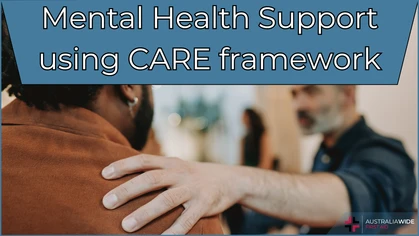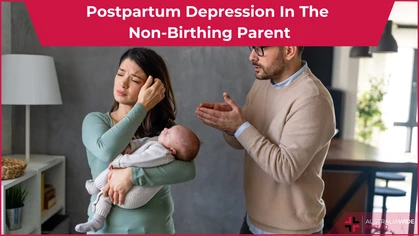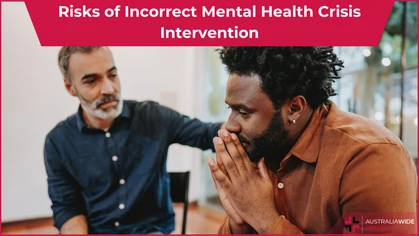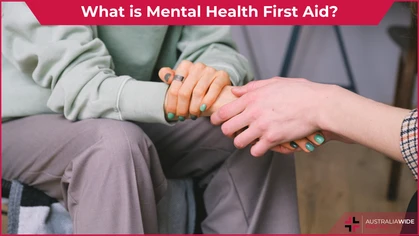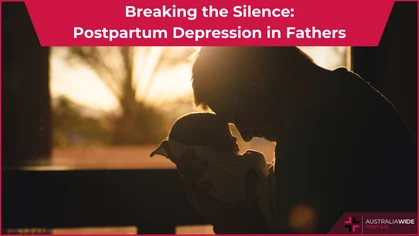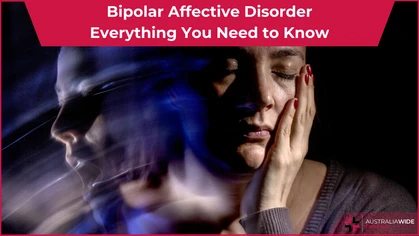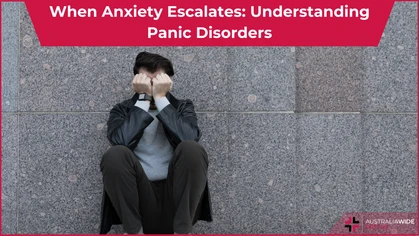20 Ways to Beat Mental Stress

Mental Health
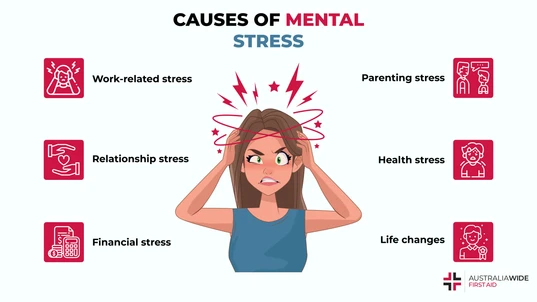
When someone is experiencing mental stress or poor mental health, they often feel helpless, sad, or irritable. It is important to know how to beat mental stress, as it can have a detrimental impact on a person's work, health, and relationships.
Mental stress can have a significant impact on our overall health and wellbeing. It is therefore important to know how to deal with mental stress in order to maintain our mental health and wellbeing. There are a number of ways to deal with mental stress, which include both medical and non-medical approaches. In this article, we will explore 20 different ways to beat mental stress.Warning Signs of Poor Mental Health
It is important to be aware of the warning signs of poor mental health, so that you can seek help early if needed. Warning signs of poor mental health can include:- Feeling hopeless, helpless or worthless
- Having low self-esteem
- Persistently feeling sad or down
- Experiencing anxiety, irritability or aggression
- Withdrawing from social activities and contact with friends and family
- Loss of interest in activities that were previously enjoyed
- Changes in sleeping patterns (either sleeping too much or too little)
- Changes in appetite (eating more or less than usual)
- Unexplained aches and pains
- Indulging in risky behaviours (e.g. excessive drinking, taking drugs, self-harming)
- Experiencing thoughts of suicide or self-harm.
Where does Mental Stress Come from?
Mental stress can come from a variety of sources. It is important to identify the source(s) of your mental stress in order to develop an effective plan to deal with it. Some common sources of mental stress include:- Work-related stress: This can be caused by long hours, tight deadlines, demanding bosses or co-workers, or feeling like you are not able to meet the demands of your job.
- Relationship stress: This can be caused by arguments with family, friends or partners, divorce or relationship breakdown, or caring for someone with a chronic illness.
- Financial stress: This can be caused by money troubles, such as debt, unemployment or financial insecurity.
- Parenting stress: This can be caused by the demands of caring for young children, teenagers or elderly parents.
- Health stress: This can be caused by a chronic illness, pain, disability or mental health condition.
- Life changes: This can be caused by moving house, starting a new job, retirement or the death of a loved one.
20 Ways to Beat Mental Stress
- Get enough sleep: Sleep plays an important role in our physical and mental wellbeing. When we are sleep-deprived, we are more likely to experience feelings of stress and anxiety. Aim to get 7-8 hours of sleep each night.
- Exercise: Exercise releases feel-good chemicals in the brain, which can help to reduce stress levels. Even a moderate amount of exercise can make a difference.
- Eat a healthy diet: Eating a healthy diet can help to improve our mood and reduce stress levels. Include plenty of fresh fruits and vegetables, wholegrains, lean protein and healthy fats in your diet.
- Avoid alcohol and drugs: Alcohol and drugs can act as depressants and make symptoms of anxiety and stress worse. If you are struggling with mental health issues, it is best to avoid alcohol and drugs altogether.
- Take breaks: When we are feeling overwhelmed, it is important to take regular breaks. This can help to clear our mind and re-energise us.
- Spend time in nature: Spending time in nature has been shown to reduce stress levels and improve our sense of wellbeing. Even just a few minutes spent outside can make a difference
- Connect with others: Social support is crucial for our mental health. Connecting with friends and family can help to reduce stress levels and improve our mood.
- Do something you enjoy: Doing things we enjoy can help to take our mind off of stressful thoughts and emotions. It is important to make time for activities that make us happy.
- Practice relaxation techniques: There are a number of relaxation techniques that can help to reduce stress, such as deep breathing, yoga and meditation.
- Avoid caffeine: Caffeine can make symptoms of anxiety and stress worse. If you are struggling with mental health issues, it is best to avoid caffeine altogether.
- Be mindful: Mindfulness involves being present in the moment and accepting our thoughts and feelings without judgement. Practice mindfulness for a few minutes each day to help reduce stress levels.
- Challenge negative thinking: Negative thinking can make symptoms of anxiety and stress worse. When we are feeling stressed, it is important to challenge our negative thoughts and reframe them in a more positive light.
- Seek professional help: If you are struggling to cope with mental health issues, it is important to seek professional help. A healthcare professional can provide support and guidance on how to effectively manage stress.
- Talk about your feelings: Talking about our feelings can help to reduce stress and improve our mood. It is important to find someone we trust to talk to about our mental health.
- Create a support network: Creating a support network of friends and family can help to reduce stress levels. This can provide a source of social support when we are feeling overwhelmed.
- Take a mental health day: If we are feeling overwhelmed, it is important to take a mental health day. This involves taking a day off from work or other commitments to focus on our mental wellbeing.
- Establish a routine: Having a set routine can help to reduce stress levels. This can involve setting regular times for meals, sleep and exercise.
- Be organized: Being organized can help to reduce stress levels. This means having a place for everything and keeping track of our commitments.
- Simplify your life: Sometimes, the best way to reduce stress is to simplify our lives. This means decluttering our space and getting rid of anything that isn’t absolutely necessary.
- Practice self-care: Self-care is crucial for our mental health. This means taking time for ourselves to do things that make us happy. It is important to make self-care a priority in our lives.
Conclusion
Mental health is just as important as physical health. Stress can have a negative impact on our mental health, so it is important to find ways to effectively manage stress. There are a number of things we can do to reduce stress, such as exercise, eating a healthy diet, spending time in nature and practicing relaxation techniques. If we are struggling to cope with stress, it is important to seek professional help. Talking to friends and family can also be helpful. Finally, self-care is crucial for our mental wellbeing. It is important to take time for ourselves to do things that make us happy. If you are struggling to cope with mental stress, it is important to seek help from a healthcare professional. There are a number of ways to reduce stress and improve our mental wellbeing. By making some small changes in our lifestyle, we can make a big difference to our mental health.Recommended Resources
If you want to develop the confidence and know-how to assist someone in a health crisis, book a First Aid course with us today. And to learn more about preventing, identifying, and managing the symptoms of mental health issues, check out the following articles in our Resource Library:
Originally published at
https://www.australiawidefirstaid.com.au/resources/20-ways-to-beat-mental-stress
as part of the Australia Wide First Aid Articles Library

